Key Takeaways
Analyze both the split-fee and host-only structures to set nightly rates without guesswork
Use data-driven tools to track fees, optimize pricing, and maintain healthy profit margins
Streamline your overall operation by embraceing a property management software (PMS) like Uplisting to simplify fee management and save time
For new hosts, Airbnb’s fees can feel like a bit of a mystery.
You see the payout land in your account, but a slice has already disappeared. Who's taken what and how you will actually walk away with when all's said and done can be a bit of a stab in the dark. Understanding exactly how much Airbnb takes (and why) is key to knowing your true profit per booking and avoiding surprises when you start scaling.
Airbnb’s service fees cover everything from payment processing to platform maintenance, but the structure isn’t always straightforward. Depending on your setup, property type, and location, you could be paying a small flat percentage or sharing a larger cut with guests.
In this blog, we’ll unpack how Airbnb fees work, what’s included in that percentage, and how hosts can protect margins without cutting corners.
Quick Overview of Airbnb’s Fee Models
Airbnb uses two main fee structures: split-fee and host-only. Most individual hosts stick with the split-fee model, while professional operators, especially anyone using property management software or listing hotels and serviced apartments, switch to the host-only setup. Airbnb’s official guidance spells out when each model applies, and the platform decides which one fits based on account type and how listings connect.
Split fee model
The split-fee model takes about 3% from every host payout. Guests pay a separate service fee, usually between 14% and 16%. Cross-currency bookings or longer stays can push this number higher, since Airbnb adjusts for things like exchange rates and extra processing. Individual hosts handling their own listings on the platform see this fee arrangement by default.
Host-only fee model
Professional hosts managing properties through third-party software move to the host-only fee model. Here, Airbnb takes between 14% and 16% straight from each payout, with most landing at 15.5%. Guests won’t see a service fee on their end, so the total shown (apart from taxes) doesn’t include any extra platform charge. Anyone listing hotels, serviced apartments, or using management tools falls into this category. For anyone wondering how much does Airbnb take, comparing these models side by side shows the direct impact on nightly rates and overall earnings.
All-in-one Vacation Rental Software and Channel Management System
Get started in seconds by connecting Airbnb
Manage short-term rentals & bookings, message guests, take payment, and so much more. All in one easy-to-use platform (that never double-books).
Common Additional Fees
Unexpected charges have a way of tanking guest satisfaction scores. With so many moving parts in short-term rentals, fee transparency is non-negotiable if you want to keep bookings steady and reviews positive.
Airbnb’s platform requires every extra charge (cleaning, pet, extra guest fees) to be disclosed up front and processed through the system, so there’s no way to sneak in surprises.
Local taxes or Value Added Tax (VAT) get added on top in some areas, with Airbnb often collecting and remitting payments for you. That means pricing accuracy and clarity are more important than ever, especially when you’re trying to answer, “how much does Airbnb take from my payout?”
Cleaning fee
Cleaning fees show up on most guest bills and range from around $50 for a studio to $200 or more for a large home.
Competitive pricing matches what local hosts charge and actually covers cleaning costs without padding profits. A detailed turnover checklist and a stash of standard supplies keep cleaning quality high while driving costs down.
Scheduling deep cleans less often can save cash, but skipping regular touch-ups between guests is a fast track to bad reviews. Professional cleaning services may offer discounts for frequent bookings or off-peak days, making your expenses more predictable.
Pet and extra guest fees
Pet fees and extra guest charges require a careful approach. High fees scare away bookings, while low ones mean you’ll cover extra cleaning or wear and tear yourself.
Most hosts add a flat fee between $25 and $75 per pet, enough to handle extra cleaning or small damages. Extra guest fees, usually $10 to $30 per person per night above base occupancy, help cover utilities, wear, and added supplies. Spelling out every charge and linking to clear house rules in your listing helps head off disputes and protects against misunderstandings.
Listings in regions with required local taxes or VAT need fees set directly in Airbnb’s account settings. Airbnb’s system often collects and remits required payments, but always double-check your setup to avoid surprises. Guests want a price that matches what they pay.

Factors Affecting Your Earnings
Every host wants a clear answer when asking, “how much does Airbnb take?” The payout you receive depends on more than just published service fees.
Location, currency differences, and booking duration all shape your final earnings. Surcharges and local occupancy taxes can also shrink your payout if you’re not careful.
Cross-currency bookings
When a guest pays in a different currency than your payout, Airbnb applies a currency conversion fee in addition to the usual host fee. Exchange rates and Airbnb’s fee structure shift your payout (sometimes by a few percentage points) so your balance isn’t always what you expect. International bookings make it smart to check Airbnb’s currency conversion policies regularly. Markets with wild exchange swings can produce unexpected differences in your net income.
Local regulations
Cities and regions love to add their own requirements for short-term rentals.
Occupancy taxes, value-added tax (VAT), or tourism levies often appear on your listing, with Airbnb sometimes collecting and remitting payments, or leaving the paperwork to you. Many areas add local fees (like resort, community, or trash fees) which you need to set up directly in your Airbnb account.
Reviewing local rules and updating your fee settings keeps your operation compliant and your pricing competitive. Staying sharp here means your listing stays attractive and you avoid surprise deductions.
Create 5-star guest experiences
Give your guests unforgettable experiences
With Uplisting, you can send the right messages at the right time on all booking sites. Read and respond to guest messages in a single, unified inbox — whether you’re at the office or on the go.
Strategies to Maximize Profit
Fees take a bite out of every payout, but you can always push earnings higher with the right approach. New hosts often leave money on the table by sticking to static pricing or relying on one booking source. A few simple moves, like tweaking rates, attracting guests directly, and offering smart discounts, make a real difference in your numbers.
Dynamic pricing
Adjust nightly rates based on real demand and watch your revenue shift. Seasonal swings, local events, and even weather all nudge guest behavior.
If a major festival hits your city, rates climb and your calendar fills up. Meanwhile, a quiet midweek stretch calls for a drop. One Barcelona host who started flexing rates by five percent during busy weekends saw occupancy jump from 65% to 85%.
Let numbers do the heavy lifting; automated pricing tools track trends and keep you competitive without guessing.
Direct bookings
Depending on online travel agencies (OTAs) means watching fees stack up. Creating a direct booking page with a property management system moves more money into your pocket. Repeat guests love exclusive deals and perks, and you build steady business without outside cuts.
Over time, shifting bookings away from OTAs helps you keep control of your pricing and guest relationships instead of wondering how much does Airbnb take.
Monthly discounts also help smooth your calendar. Offer a price break for guests who stay two weeks or more, and you lower turnover costs while filling gaps. A property management system (PMS) tracks every dollar, so you see exactly where money goes and where you make the best returns.
Never Lose Another Dollar with Uplisting
Understanding Airbnb’s fee structure is essential for setting competitive rates and protecting your bottom line. From the split-fee and host-only models to cleaning charges and local taxes, every cost affects what you take home. By staying informed and proactive, you can price with confidence while maintaining full visibility into your earnings.
Maximizing profit, however, is so much more than simply keeping your eye on the fees. Scaling businesses know that it’s about optimizing your entire operation. Using dynamic pricing, encouraging direct bookings, and automating routine tasks will help you stay ahead while reducing reliance on online booking platforms. A streamlined system built for professional hosts gives you the clarity and control needed to grow sustainably.
If you're ready to take control of your short-term rental business, Sign up for Uplisting today.
Enjoy the confidence & focus you need to scale your vacation rental business
Book more while doing less
With a reliable VRM solution you can trust, Uplisting can help you grow your business without wasting time on double bookings, unhappy guests, upset clients and worrying what could go wrong next.
FAQs about Airbnb Fees
Why is my host fee sometimes 15%?
A 15% host fee usually means you fall under the host-only fee model. Airbnb applies this to professional hosts using property management software, or to operators managing hotels and serviced apartments. The entire service charge comes straight out of your payout, so guests receive a single total price and never face a separate platform fee. Your statement will show the full deduction up front.
Does Airbnb charge VAT separately?
Airbnb often adds Value Added Tax (VAT) on top of service fees in certain countries. When required, the platform automatically collects and remits VAT based on local tax laws. You’ll see the VAT amount as a clear, separate line in your transaction history or payout statement, so you know exactly what goes where.
Are Airbnb fees negotiable?
Airbnb sets platform fees according to your account type and location and they aren’t open for negotiation. All hosts follow the same schedule, no matter how many properties they manage or how many bookings they handle in a year.
Can I charge extra fees outside Airbnb’s system?
Airbnb rules prohibit collecting payments from guests outside the platform, whether for cleaning, pets, extra guests, or anything else. Every fee must run through Airbnb’s system and show up on the booking. Keeping all charges on-platform protects you, protects your guests, and keeps how much does Airbnb take clear from the start.






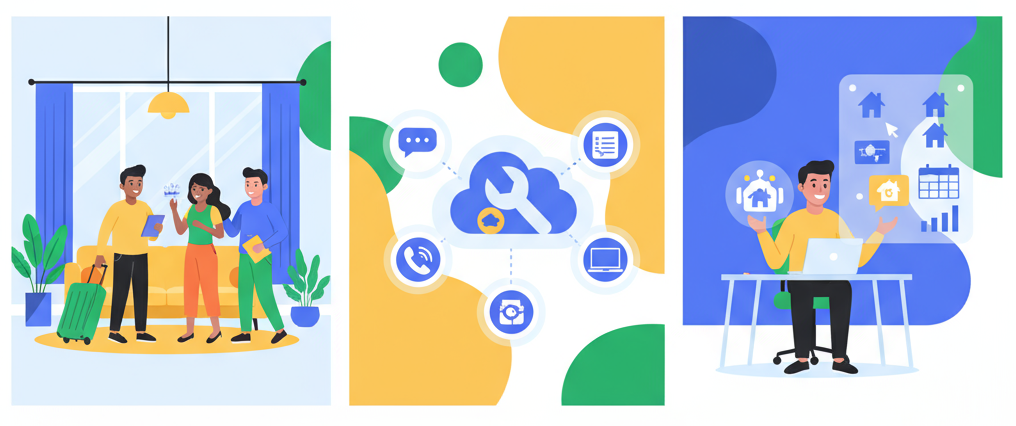
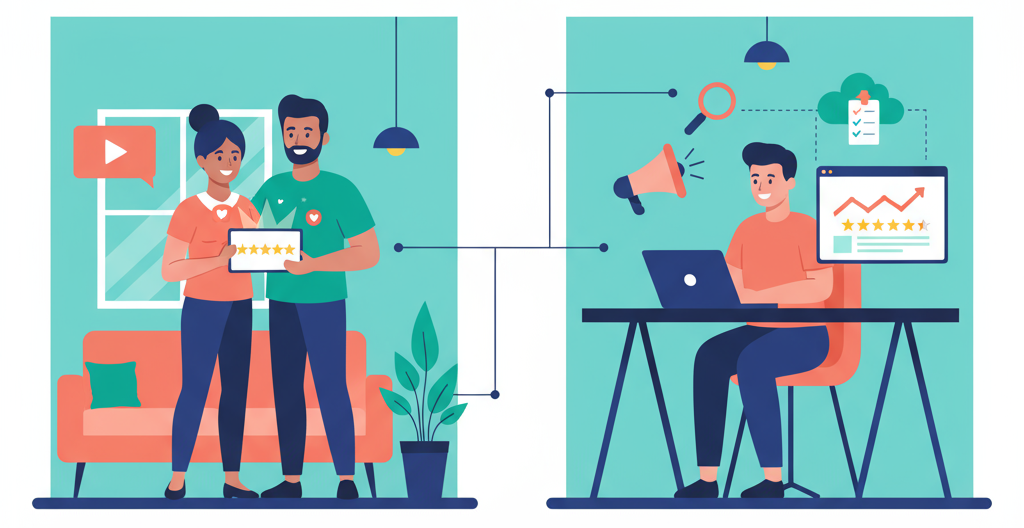


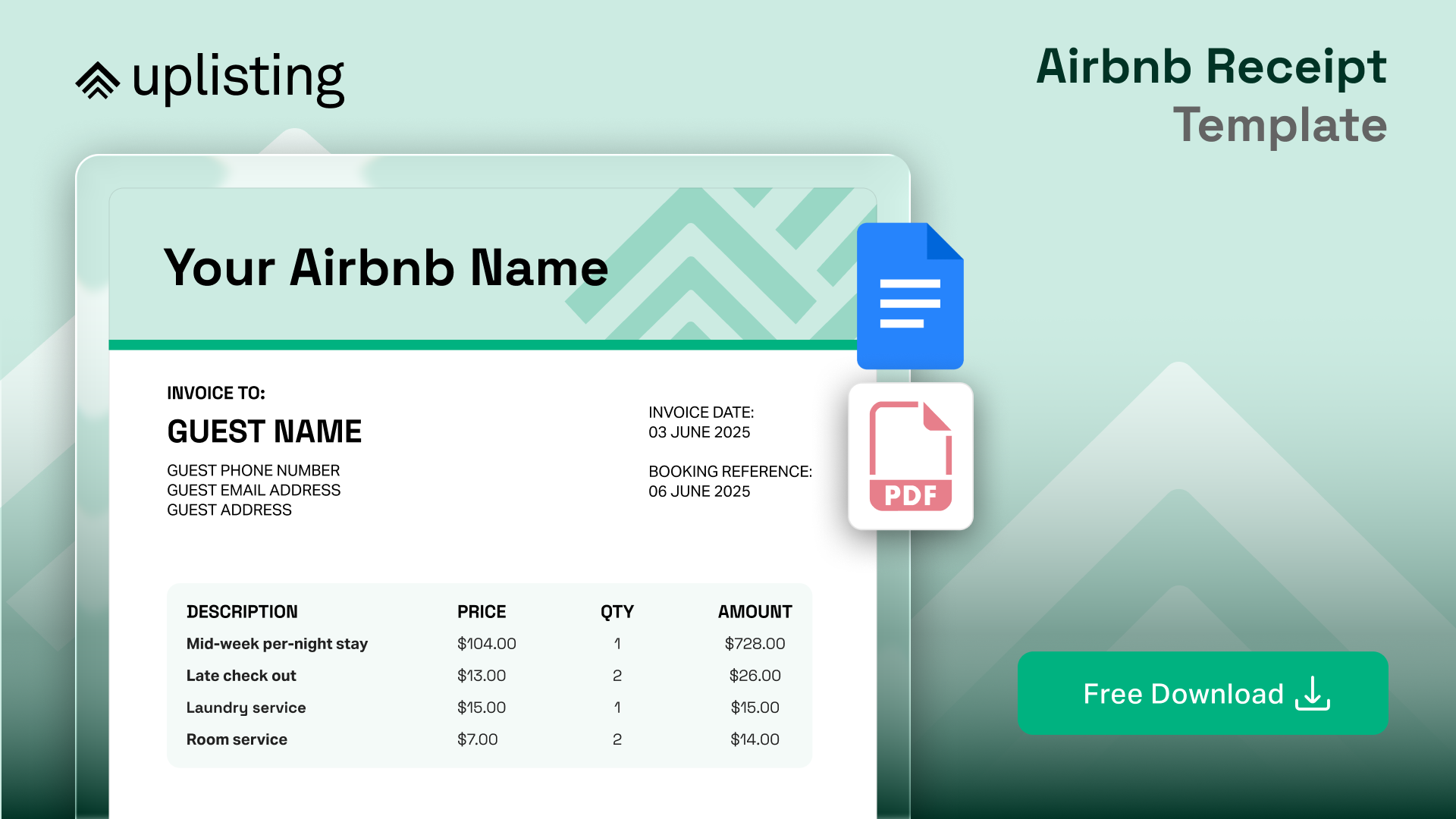

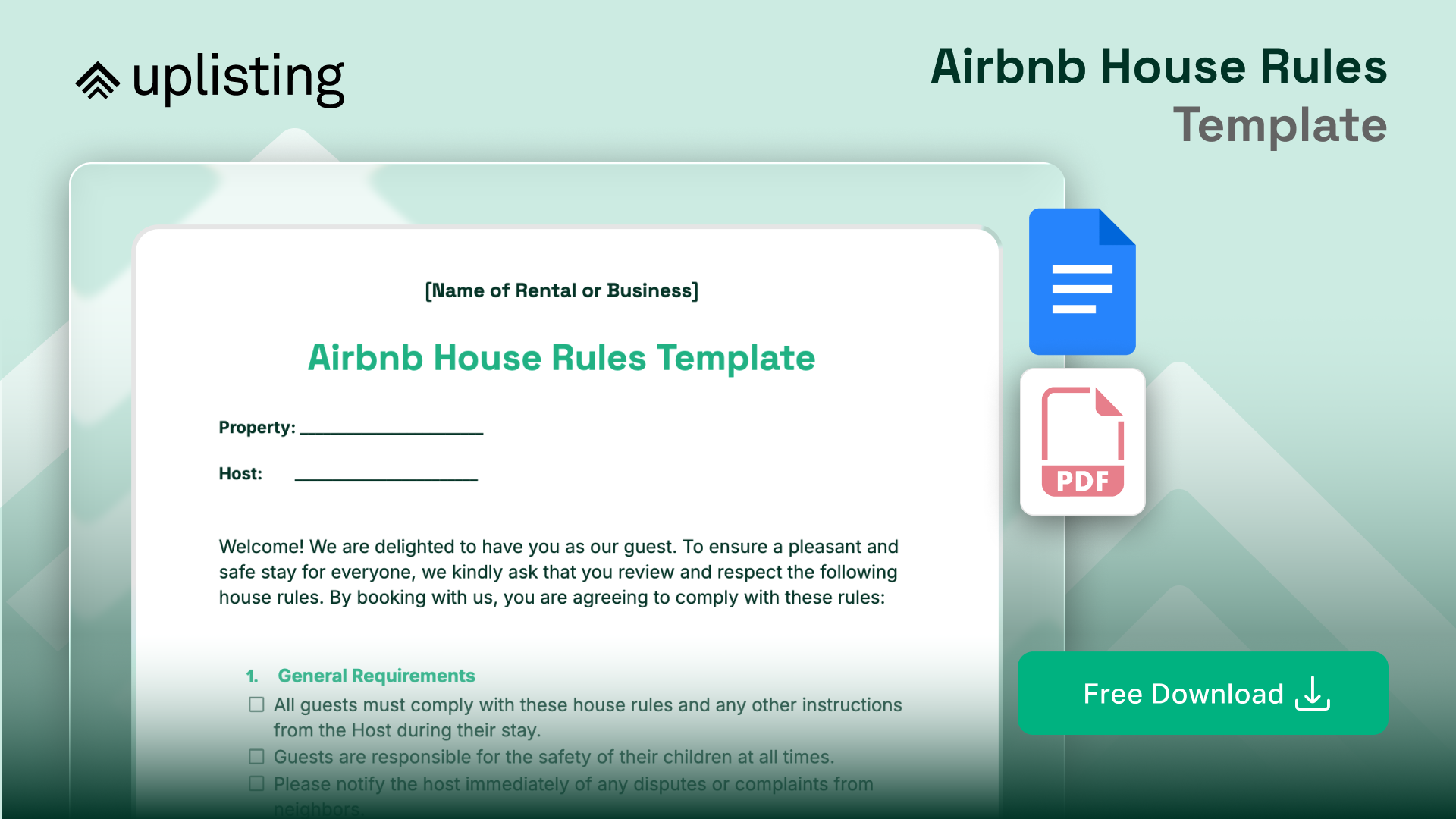

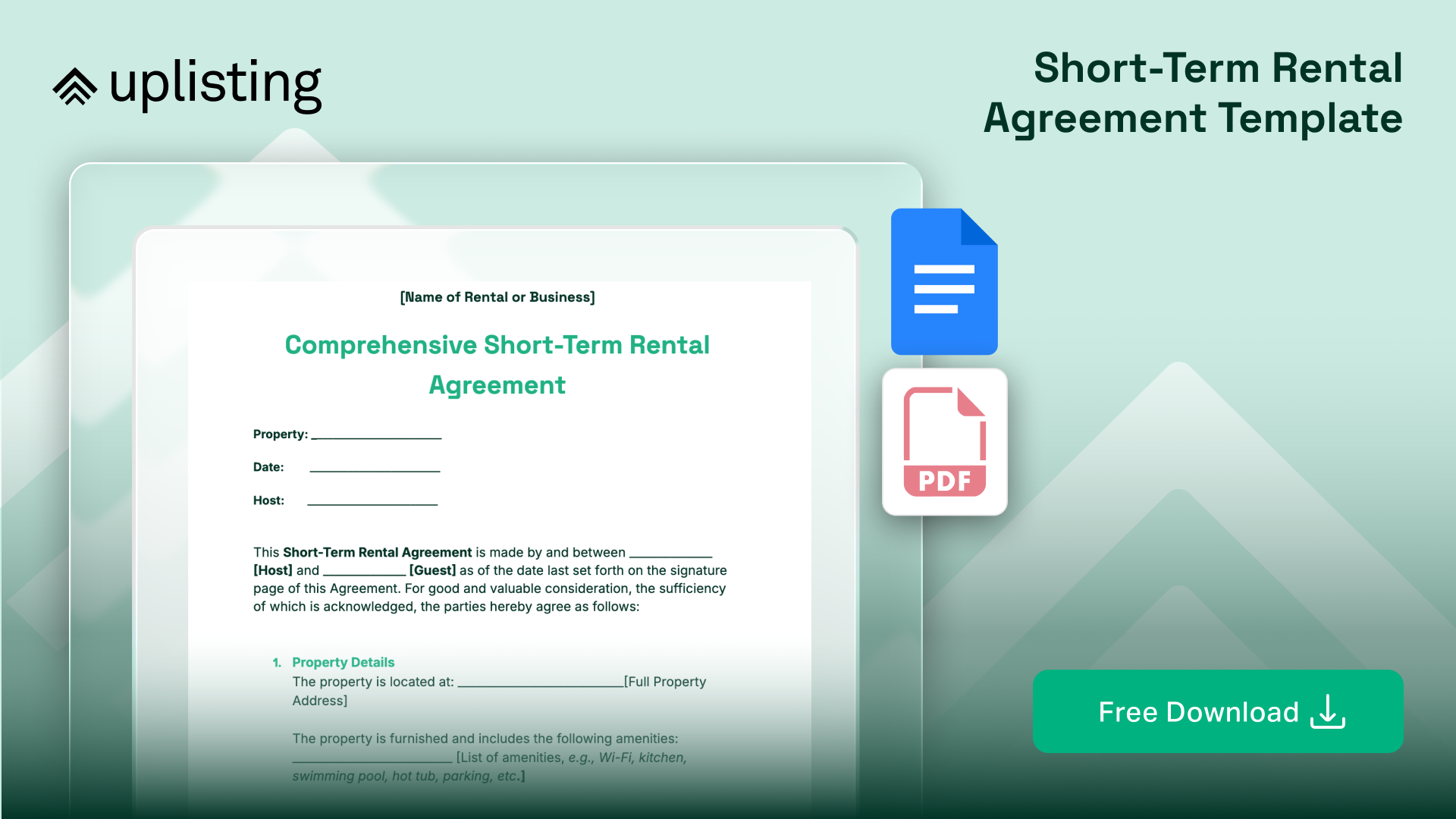


.png)

